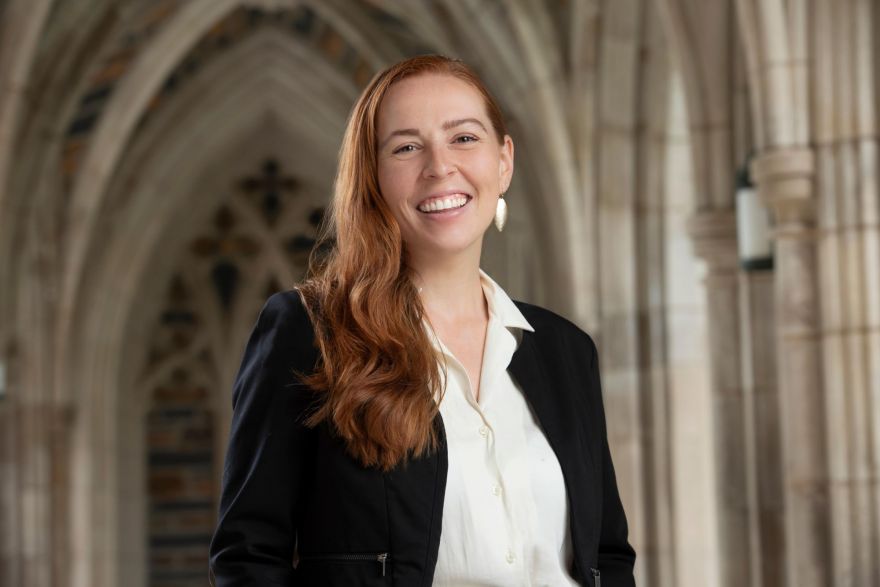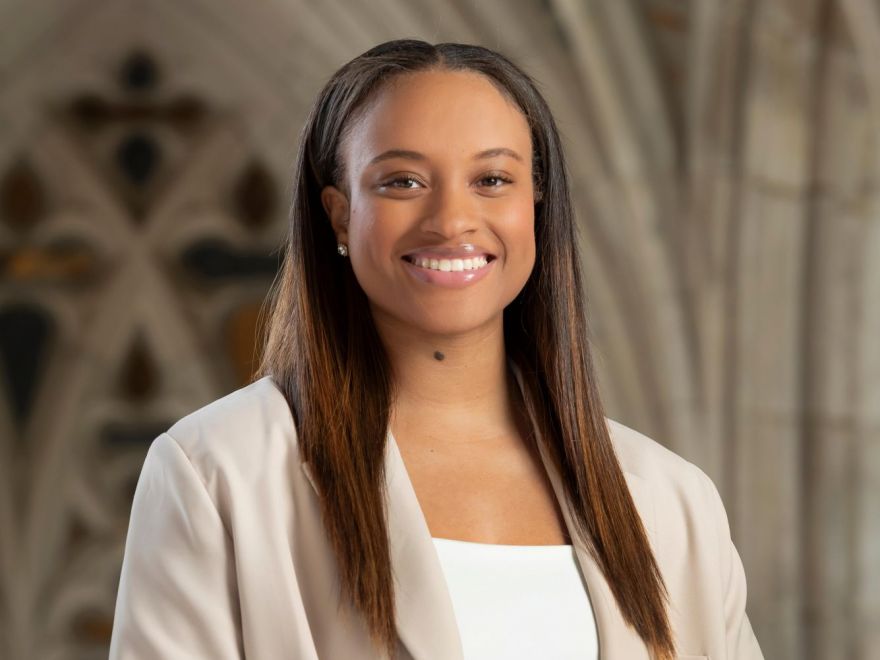Our students come from a variety of communities and faith traditions. During their time at Duke Divinity, they grow together in community, deepen their scholarship, and commit to the life of the church. We're excited to cheer them along on their journey as they find new ways to serve the church, the academy, and the world.
Here are snapshots of some of our graduates in the Class of 2024.











